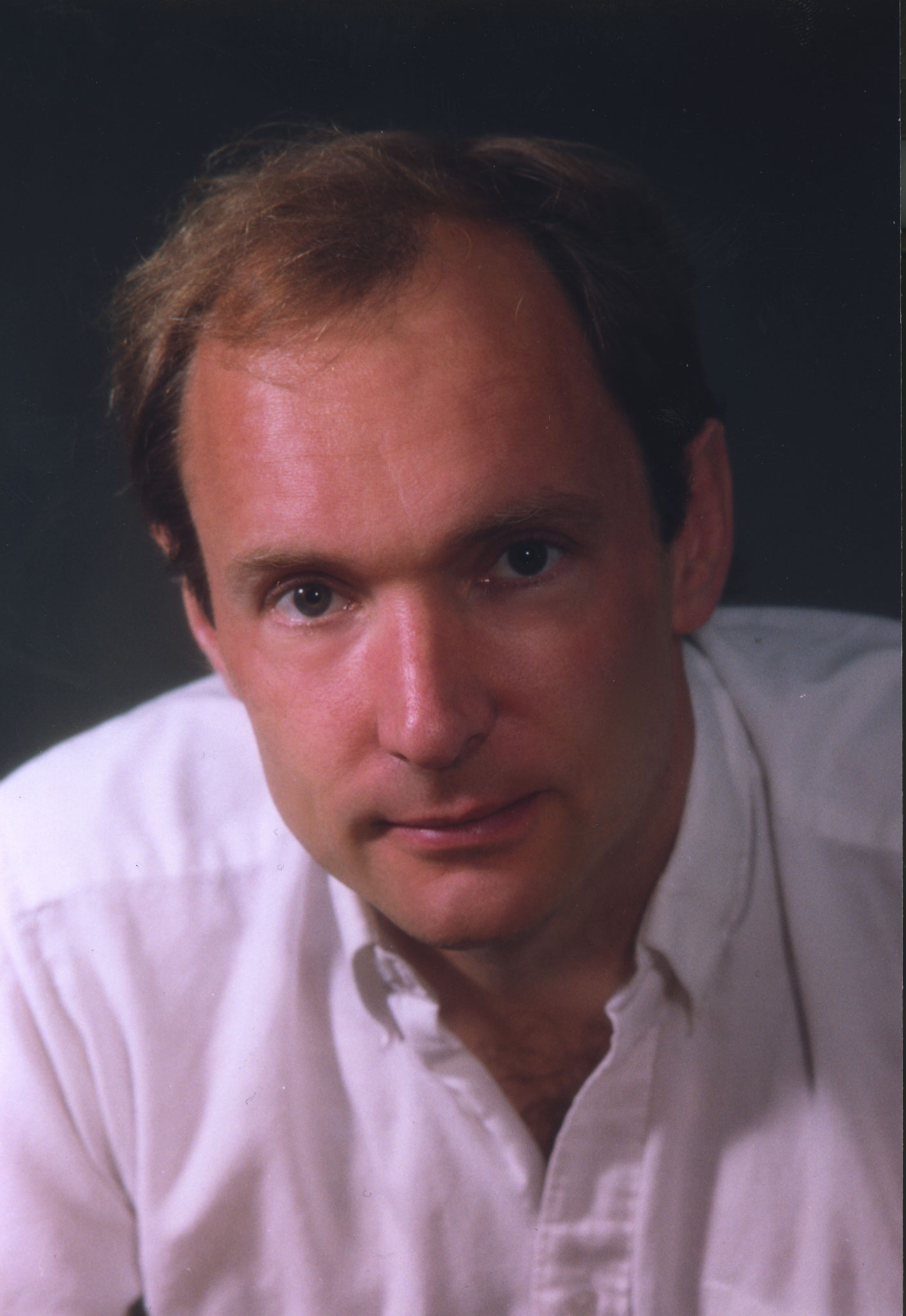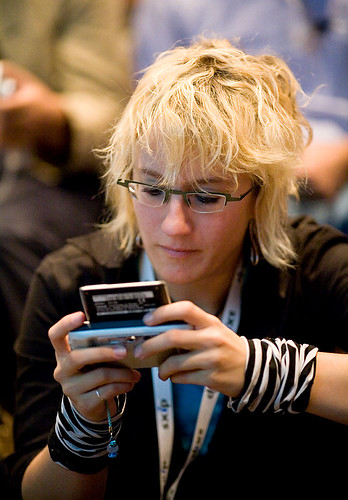 I’ve been a long-time facebook user. Dartmouth was one of the first 10 schools on the service in 2000-2001 and you could tell even back then that it was a special service. I’ve always thought it was the best social network – even as MySpace and others came around.
I’ve been a long-time facebook user. Dartmouth was one of the first 10 schools on the service in 2000-2001 and you could tell even back then that it was a special service. I’ve always thought it was the best social network – even as MySpace and others came around.
Facebook is a better services than other social networks simply because it has better features. Sure they have the same as a lot of sites, but they’re engineered better and they resonate with users MUCH more. Facebook features provide feedback, they portray status and most importantly, they’re social. Two of my favorite features on the facebook service are:
 Photos. Supposedly this was the feature that spurned The Platform (see below). This feature is very similar to other services like Yahoo Photos, Photobucket, etc. except with one exception – it’s social. You can tag people in your photos and when you do it – that photo shows up in that user’s profile. In the past, if a friend of yours had a photo of you, this was never identified and you would never know. Or if you see a person in a picture with your friend, you can see who that person is and click through to their profile. Facebook made photo viewing easy and made it social feature instead of just a way to enhance your profile. This caused the facebook photo sharing to be the most popular photo network on the web (or at least a close #2). Check out this article for details
Photos. Supposedly this was the feature that spurned The Platform (see below). This feature is very similar to other services like Yahoo Photos, Photobucket, etc. except with one exception – it’s social. You can tag people in your photos and when you do it – that photo shows up in that user’s profile. In the past, if a friend of yours had a photo of you, this was never identified and you would never know. Or if you see a person in a picture with your friend, you can see who that person is and click through to their profile. Facebook made photo viewing easy and made it social feature instead of just a way to enhance your profile. This caused the facebook photo sharing to be the most popular photo network on the web (or at least a close #2). Check out this article for details- News Feed. RSS is a simple concept. It is publish/subscribe. You subscribe to get information from certain sources and updates to those sources are published to you. RSS readers are doing this for the web such as Netvibes, iGoogle, MyYahoo, and the Google Reader (which is what i use). Just as your email inbox is a place for receiving mail messages, RSS readers are a place to receive messages from the web that you’ve signed up for whether it is a blog or a website. Facebook has an activity RSS reader called “News Feed” which displays any activity of a friend of yours on your home page. Most people don’t realize it’s RSS, but that’s essentially what it is and instead of delivering web messages, it delivers your friends’ activity. That is social and this feature alone is what makes facebook better than any other social network. It is great at telling you what your friends and network is doing and that is always relevant. I also wrote about this a few weeks ago here.
 Last week facebook came out with a new feature called F8 and also known as The Platform. This is a huge deal and it will change the web for millions of users. This feature allows any company to develop an application to live inside Facebook and makes it easy for any facebook user to install, share and use. With this feature, facebook is now a platform of users and friends available for any application or company to access. I repeat, this is huge. It has always been my thought that going forward social networking is a foundational attribute of the web. Any activity you do online – shopping, reading, watching videos – is enhanced if you can see what your friends are doing (or have done) and can easily share it with them. For any traditional site (BestBuy.com, Google Maps, Fandango, etc.), it could be much better if it was built into facebook and showed you what your friends had purchased, or had done, or what their opinion is. I already love using the flickr, netflix, delicious, and other facebook applications that have been created in the first week and i’m positive the quality will only get better.
Last week facebook came out with a new feature called F8 and also known as The Platform. This is a huge deal and it will change the web for millions of users. This feature allows any company to develop an application to live inside Facebook and makes it easy for any facebook user to install, share and use. With this feature, facebook is now a platform of users and friends available for any application or company to access. I repeat, this is huge. It has always been my thought that going forward social networking is a foundational attribute of the web. Any activity you do online – shopping, reading, watching videos – is enhanced if you can see what your friends are doing (or have done) and can easily share it with them. For any traditional site (BestBuy.com, Google Maps, Fandango, etc.), it could be much better if it was built into facebook and showed you what your friends had purchased, or had done, or what their opinion is. I already love using the flickr, netflix, delicious, and other facebook applications that have been created in the first week and i’m positive the quality will only get better.
To summarize – Facebook is a great site and similar to how Google went from building a great search product to building just great products (gmail, docs, calendar, maps, etc.), facebook is now on the path to go from a great social network to being an integral aspect of the internet. Also similar to Google, they are winning not just because of their vision but also because they are better at the subtle differences in their features and the overall simplicity of their site which makes the experience usable and enjoyable. Little things like auto-complete textboxes, slick javascript, and empty whitespace is why the site is so usable. Facebook is primetime now and it’s only the beginning.

 I wrote a few weeks ago (
I wrote a few weeks ago ( the Web. In fact, I made some quite conscious decisions about which way to take my life. These I would not change – though i am making no comment on what i might do in the future. What does distress me, though, is how important a question it seems to be to some. This happens mostly in America, not Europe. What is maddening is the terrible notion that a person’s value depends on how important and financially successful they are, and that that is measured in terms of money. That suggests disrespect for the researchers across the globe developing ideas for the next leaps in science and technology. Core in my upbring was a value system that put monetary gain well in its place, behind things like doing what i really want to do. To use net worth as a criterion by which to judge people is to set our children’s sights on cash rather than on things that will actually make them happy.
the Web. In fact, I made some quite conscious decisions about which way to take my life. These I would not change – though i am making no comment on what i might do in the future. What does distress me, though, is how important a question it seems to be to some. This happens mostly in America, not Europe. What is maddening is the terrible notion that a person’s value depends on how important and financially successful they are, and that that is measured in terms of money. That suggests disrespect for the researchers across the globe developing ideas for the next leaps in science and technology. Core in my upbring was a value system that put monetary gain well in its place, behind things like doing what i really want to do. To use net worth as a criterion by which to judge people is to set our children’s sights on cash rather than on things that will actually make them happy. The technorati are
The technorati are 
 My friend danah boyd gave a talk at the Etech conference last month
My friend danah boyd gave a talk at the Etech conference last month  I’ve heard a bunch of stuff today about all of
I’ve heard a bunch of stuff today about all of  protected. This is dumb. Sooner or later the labels will realize that people want convenience and value. There is a group of people who use the iTunes store. By making the unprotected tracks more expensive you’ll earn a few extra dollars from those users (and only those users) as they will prefer to have un-tethered music. But they won’t get the P2P fanatics. They won’t get anyone under the age of 25 to go to iTunes and buy a track. I’m not sure if 99 cents is low enough for an mp3, but i know that $1.30 is too expensive. It’s a shame. Sooner or later they’ll realize they aren’t going far enough, they aren’t getting new users with this model.
protected. This is dumb. Sooner or later the labels will realize that people want convenience and value. There is a group of people who use the iTunes store. By making the unprotected tracks more expensive you’ll earn a few extra dollars from those users (and only those users) as they will prefer to have un-tethered music. But they won’t get the P2P fanatics. They won’t get anyone under the age of 25 to go to iTunes and buy a track. I’m not sure if 99 cents is low enough for an mp3, but i know that $1.30 is too expensive. It’s a shame. Sooner or later they’ll realize they aren’t going far enough, they aren’t getting new users with this model. Check out this reviewer on Amazon.com: (
Check out this reviewer on Amazon.com: (
 -in first). i’d like to have is a universal comment field that’s part of Google Reader and interfaces with many different types of blogs. It has all the necessary fields and the Reader communicates with the blog. That’d be helpful.
-in first). i’d like to have is a universal comment field that’s part of Google Reader and interfaces with many different types of blogs. It has all the necessary fields and the Reader communicates with the blog. That’d be helpful.